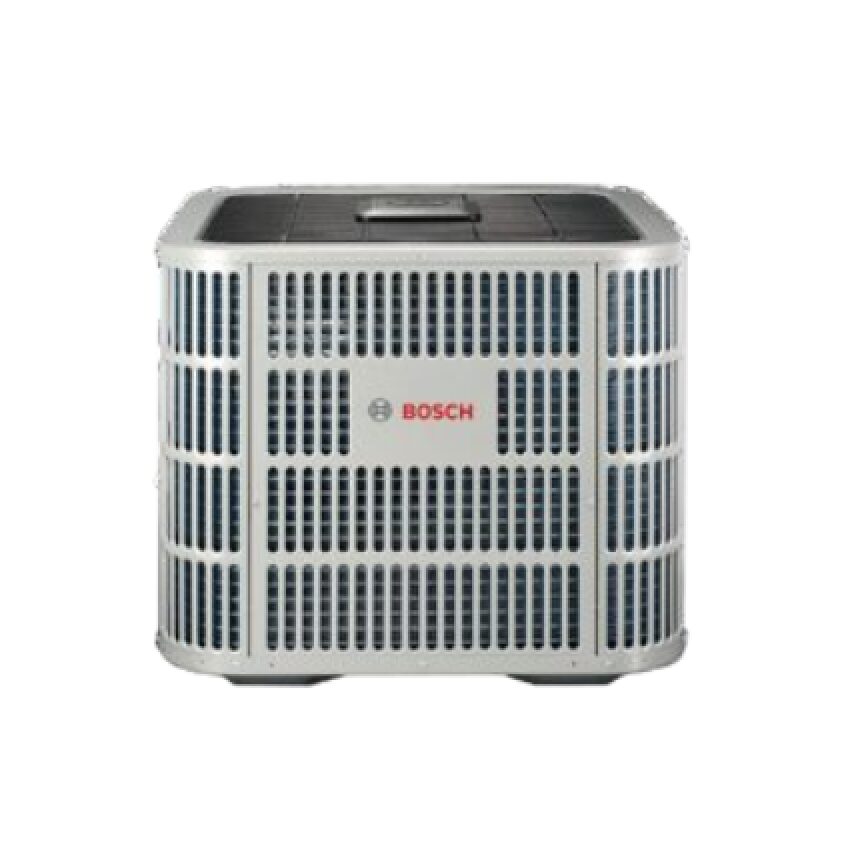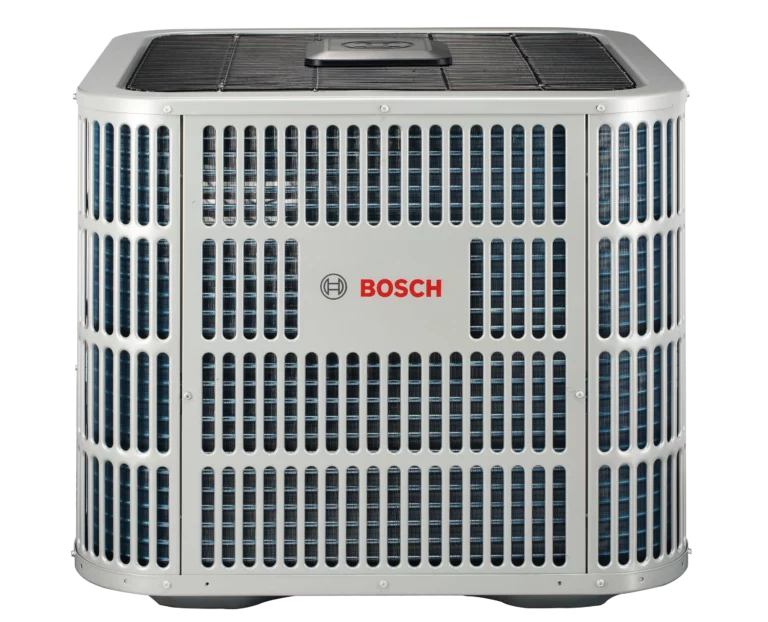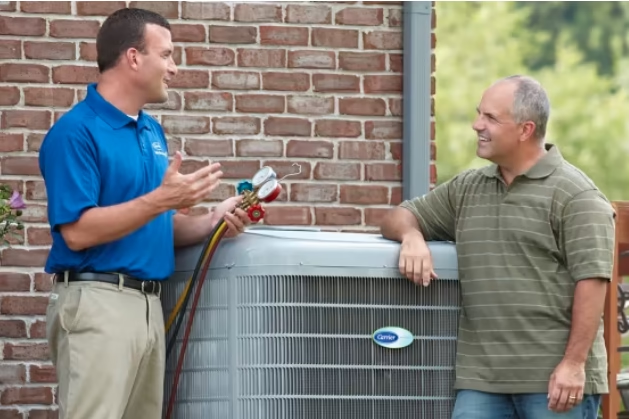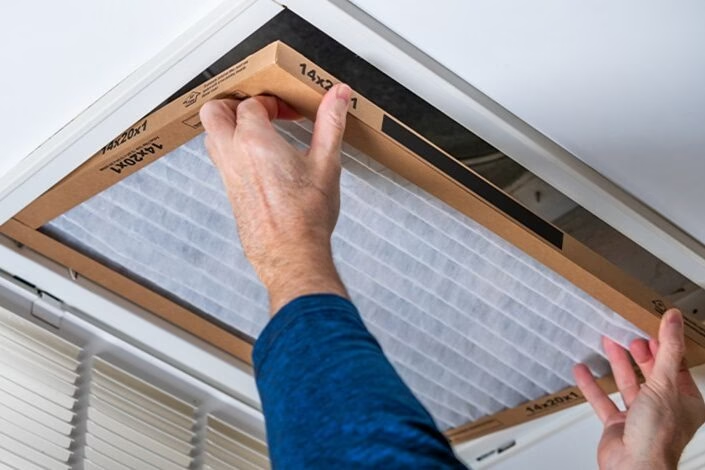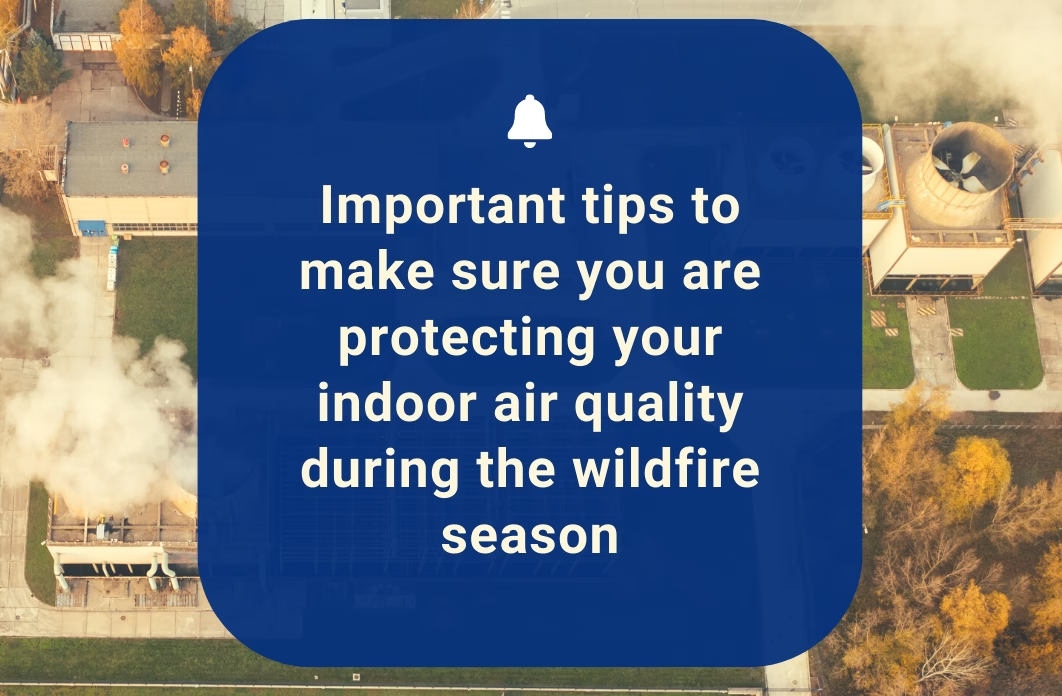
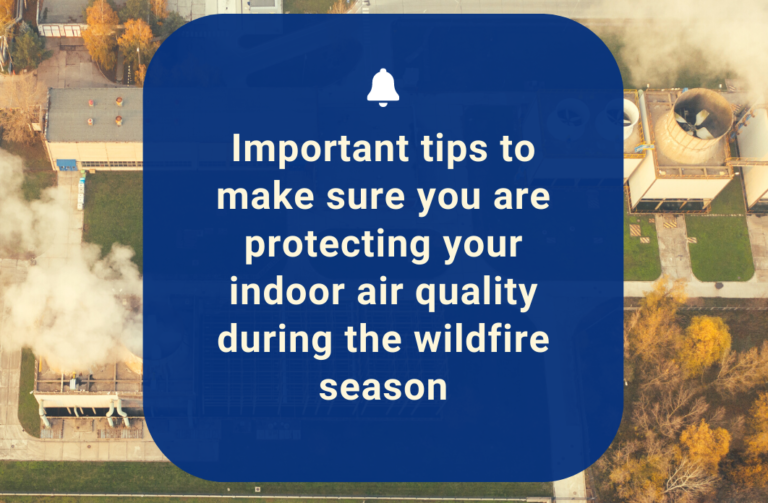
As wildfires continue to impact air quality across the country, it’s essential for homeowners to be proactive in safeguarding their indoor air quality, even if they live far away from the actual fires. Heavy smoke can travel great distances, affecting the air quality inside homes and posing health risks. In this blog post, we, as your trusted HVAC company, will share expert tips on how to protect your indoor air quality during the wildfire season.
- Keep Windows and Doors Sealed:
Preventing smoke from entering your home is crucial for maintaining indoor air quality. Ensure that all windows and external doors are properly sealed, minimizing air leakage.
- Upgrade to High-Efficiency Air Filters & Change Filters Regularly:
During wildfire season, it’s crucial to equip your HVAC system with high-efficiency air filters. We recommend changing air filters every two months for the optimal airflow. During the wildfire season filters might have to be changed more frequently.
- Consider Air Purification Systems:
To further enhance indoor air quality during heavy smoke episodes, consider installing air purification systems. These systems work alongside your HVAC system to remove pollutants, allergens, and smoke particles from the air. You can now view various air purification options on Empower website.
- Schedule HVAC System Maintenance:
Regular HVAC system maintenance is key to ensuring optimal performance, especially during wildfire season. Schedule a maintenance service with our HVAC professionals to inspect your system, clean or replace filters, and identify any potential issues that may compromise your indoor air quality. Proper maintenance will help your system function efficiently and reduce the risk of smoke infiltration.
- Monitor Air Quality and Adjust Ventilation:
Stay informed about the air quality in your area by monitoring local air quality indexes. When the air quality is compromised, it’s essential to limit the entry of outdoor pollutants. Keep your windows and doors closed during heavy smoke episodes, and rely on your HVAC system for ventilation. However, when air quality improves temporarily, open windows strategically to allow fresh air circulation while monitoring the air quality index closely.
- Educate Household Members:
Educate your household members about indoor air quality protection during wildfire season. Encourage them to avoid smoking indoors, limit the use of candles or incense, and use natural cleaning products to minimize indoor pollution sources. Regular dusting and vacuuming can also help remove settled particles and maintain a cleaner indoor environment.

